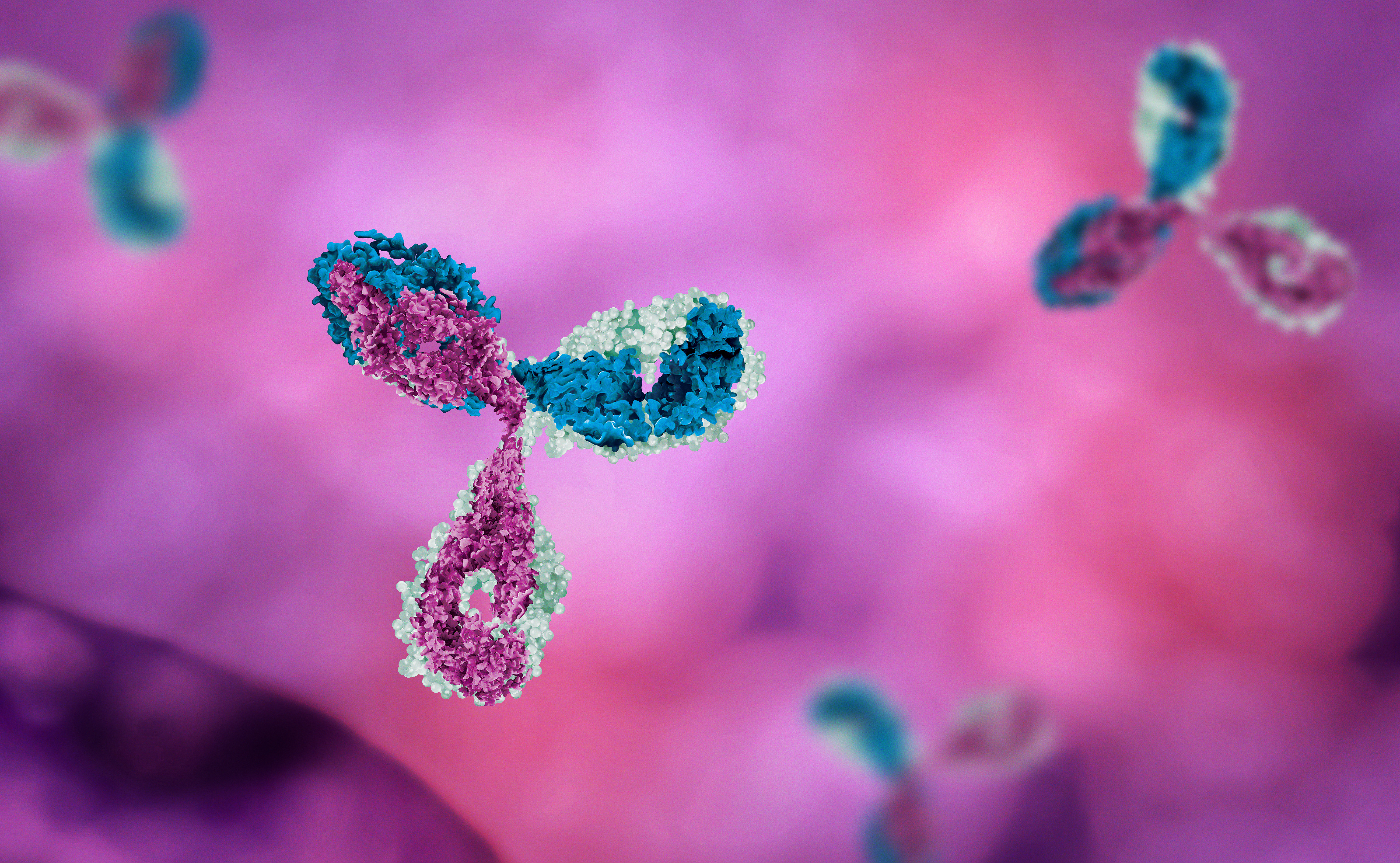
This week saw the publication of a potential new class of antibiotics and their mechanism (Zampaloni et al., 2024, Pahil et al., 2024).
The news is met with excitement in the field due to the importance and rarity of novel antibiotic classes making it to the clinic.
It has been around two decades since a new class of antibiotics with activity against any pathogen made it to patients. The WHO estimates that there are currently 77 new antibacterial treatments in clinical development as of mid-2023, with the vast majority being new iterations of existing antibiotics rather than potential new classes.
Acinetobacter baumannii has proved a particularly difficult target for new antibiotic development, with no new approved antibiotics reaching patients for over 50 years. A. baumannii is an opportunistic pathogen, most commonly causing hospital-acquired pneumonia and bloodstream infections. Concerningly, recent surveillance shows increasing reports of pan-resistant strains across the globe – with high associated mortality. It is therefore no surprise that A. baumannii remains critically important on the WHO’s priority pathogen list.
Zosurabalpin and two other macrocyclic peptides were found in this recent work which excitingly have potent antibacterial activity against carbapenem-resistant A. baumannii (CRAB).
A novel mechanism to treat resistant strains
The macrocyclic peptides developed by Roche, including zosurabalpin and two other candidates, have a novel mechanism of action involving blocking the transport of the key component of Gram-negative bacterial membranes to the external surface of the cell.
Seven lipopolysaccharide transport (Lpt) proteins bridge the two membranes of Gram-negative bacteria such as A. baumannii, Pseudomonas aeruginosa, and Enterobacteriaceae like E. coli.
The new mechanism of action of zosurabalpin blocks the transport of lipopolysaccharide (LPS) after its synthesis inside the bacterium, to its desired position where it forms the outermost protective surface of the cell. It is thought that the resulting accumulation of LPS intermediates is toxic to the bacterium, resulting in cell death.
What’s next?
With zosurabalpin now having entered human clinical trials, we wait with fingers crossed to see how this promising candidate progresses.
Emily is a trainee patent attorney working as part of the life sciences team in Bristol. She has a first-class master’s degree in Biochemistry from the University of Birmingham, and a PhD in Cellular and Molecular Medicine from the University of Bristol. Emily undertook a research placement at a large pharmaceutical firm as part of her PhD. Her doctoral research determined the mechanism of a bacterial membrane protein responsible for a newly identified class of antibiotic resistance, using both experimental and computational methods to study enzyme catalysis and dynamics.
Email: emily.lythell@mewburn.com
Sign up to our newsletter: Forward - news, insights and features
Our people
Our IP specialists work at all stage of the IP life cycle and provide strategic advice about patent, trade mark and registered designs, as well as any IP-related disputes and legal and commercial requirements.
Our peopleContact Us
We have an easily-accessible office in central London, as well as a number of regional offices throughout the UK and an office in Munich, Germany. We’d love to hear from you, so please get in touch.
Get in touch

